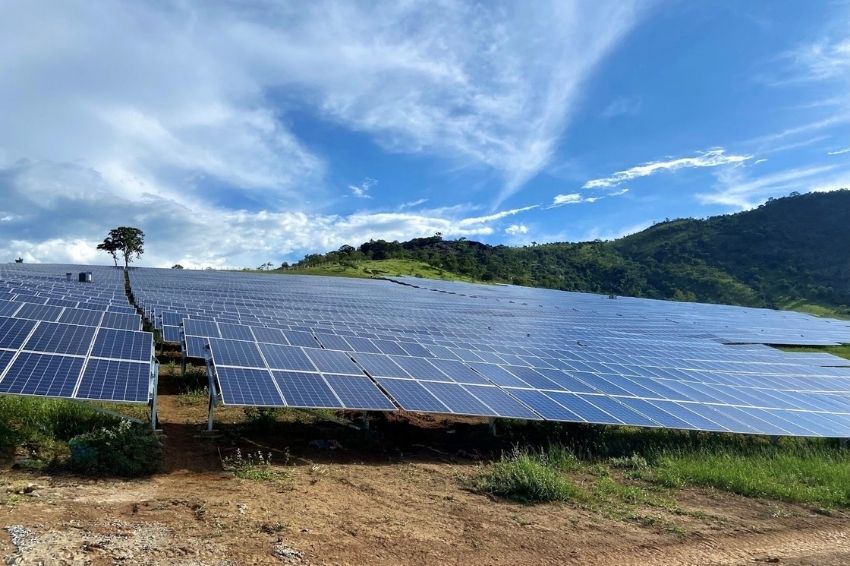The popularization and high demand for solar systems culminated in the accelerated growth of companies operating in the segment, especially photovoltaic equipment manufacturers, who, in order to keep up with the market, began to invest in the modernization of their facilities and products.
Today, many of them are already reaping the fruits of what they have sown in recent years. The manufacturer ZNShine Solar, for example, recently stood out as one of more than 300 Chinese solar companies to be awarded as the most influential module manufacturer by Solarbe, a global photovoltaic media platform.
In total, ZNShine Solar's products and services cover more than 80 countries and regions through its sales and support network of more than 30 subsidiaries around the world.
Because of this, the company today sees itself as one of the leading entities in the manufacture of modules, the development of solar farms and the contracting of EPC and EPC+F.
Currently, the company has a capacity of 6 GW, distributed across two manufacturing bases. One of them is in Changzhou, with a capacity of 2 GW, where 166 mm half-cell and 166 mm lightweight double-glass modules are mainly produced.
The second unit, in turn, is installed in Suqian, with a total capacity of 10 GW. The space has automatic production lines and a world-class control system, producing 18x and 210mm modules and higher power modules of up to 720Wp.
New technologies
In addition to increasing its presence in the market, ZNShine Solar recently opened a solar plant in Paraisópolis (MG), with 9,840 photovoltaic modules, all with the company's own graphene coating. The main function of the technology is to be self-cleaning, preventing dirt from accumulating on the panel and, as a result, it is possible to save up to 30% in maintenance costs.
Graphene modules also have photocatalytic properties, which accelerate the decomposition of organic materials, reducing the risk of panel hot-spots. Furthermore, it increases energy production by around 2% due to the optimization of absorption of near-infrared rays.
















